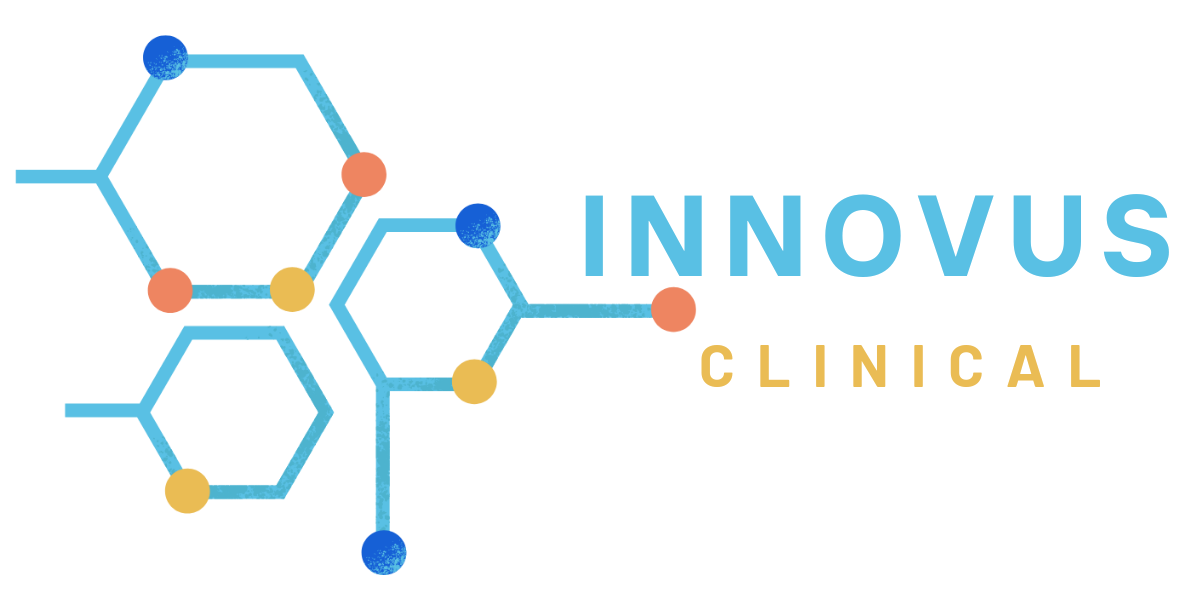Clinical trials are at the heart of modern medicine. Every new drug, treatment, or medical device that reaches the public has passed through a rigorous series of tests to prove its safety and effectiveness. But what exactly are clinical trials, and why do they matter so much?
In this blog, we’ll break down the essential concepts behind clinical trials to help you understand how they work and why they are so vital to healthcare.
What is a Clinical Trial?
A clinical trial is a research study conducted in human volunteers to evaluate a medical, surgical, or behavioral intervention. It is the primary way researchers find out if a new treatment—like a new drug or diet or medical device—is safe and effective in people.
Clinical trials follow strict scientific and ethical standards. They are designed to answer specific questions about a health-related issue and are usually conducted in phases.
Why Are Clinical Trials Important?
- Ensure Patient Safety: Before any treatment is approved, it must be proven safe.
- Test Effectiveness: Clinical trials help determine if a treatment really works.
- Advance Medical Knowledge: Results contribute to our overall understanding of diseases and their treatments.
- Offer Hope: Trials often provide access to cutting-edge therapies not yet available to the public.
Phases of Clinical Trials
Clinical trials typically progress through four main phases:
- Phase I – Safety and Dosage:
A small group of healthy volunteers (20–100) is used to assess safety, side effects, and the best dose. - Phase II – Efficacy and Side Effects:
The treatment is given to people with the condition to see if it works and further evaluate safety. - Phase III – Confirmation and Comparison:
Larger groups (several hundred to thousands) are used to compare the new treatment with existing ones. This phase provides strong evidence needed for regulatory approval. - Phase IV – Post-Marketing Surveillance:
After approval, ongoing studies monitor long-term effectiveness and rare side effects in the general population.
Types of Clinical Trials
- Treatment Trials – Test new treatments, combinations of drugs, or approaches to surgery or radiation.
- Prevention Trials – Look for ways to prevent disease in people who have never had it or prevent a disease from returning.
- Diagnostic Trials – Find better tests or procedures for diagnosing a particular disease or condition.
- Screening Trials – Test ways to detect diseases early.
- Quality of Life Trials (Supportive Care Trials) – Explore ways to improve comfort and quality of life for people with chronic illnesses.
Who Can Participate?
Each trial has specific eligibility criteria, such as:
- Age
- Gender
- Type and stage of disease
- Previous treatment history
- Other medical conditions
Participation is voluntary, and informed consent is a critical part of the process. Participants are fully informed about the trial’s purpose, procedures, risks, and benefits before they agree to join.
The Role of Ethics in Clinical Trials
Ethics play a central role in clinical research. Key ethical principles include:
- Respect for Persons: Ensuring voluntary participation and informed consent.
- Beneficence: Maximizing benefits and minimizing risks.
- Justice: Fair selection of participants.
Institutional Review Boards (IRBs) or Ethics Committees oversee trials to ensure these principles are followed.
Conclusion
Clinical trials are essential for advancing medicine and ensuring that new treatments are both safe and effective. By understanding the core concepts of how clinical trials work, we can appreciate the vital role they play in modern healthcare—and even consider participating in one to help contribute to medical progress.
Whether you’re a patient, a caregiver, or just someone curious about the process, knowing how clinical trials operate is a step toward more informed and empowered healthcare decisions.
Interested in Participating?
Talk to your doctor or visit official clinical trial registries like innovusclinical.com to find ongoing studies that may be right for you.
